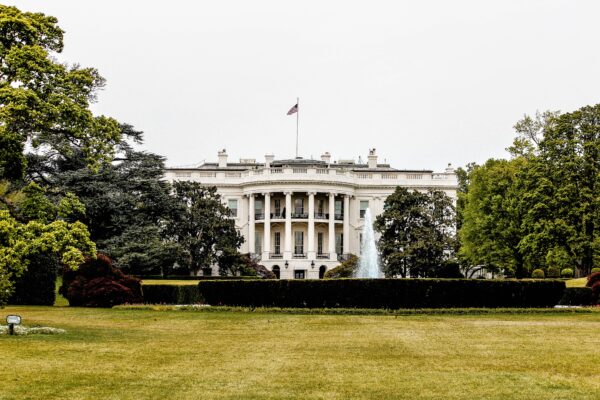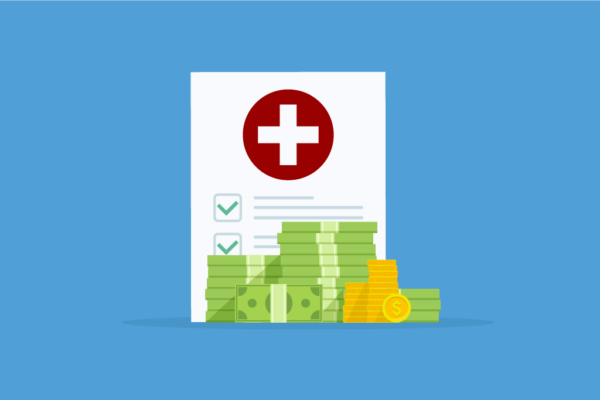Research Program
Brookings Schaeffer Initiative for Health Policy
The Brookings Schaeffer Initiative for Health Policy was a partnership between Economic Studies at Brookings and the USC Schaeffer Center for Health Policy & Economics. It aimed to inform the national healthcare debate with rigorous, evidence-based analysis leading to practical recommendations using the collaborative strengths of USC and Brookings. The program ran from 2016-2023.
Program Leadership
-

Richard G. Frank, PhD
Director, Brookings Schaeffer Initiative for Health Policy
Program Team
-

Loren Adler
Associate Director, Center for Health Policy at Brookings
-

Matthew Fiedler, PhD
Fellow, Brookings Schaeffer Initiative for Health Policy
-

Erin L. Duffy, PhD, MPH
Director of Research Training, USC Schaeffer Center
Research Scientist, USC Schaeffer Center
-

Paul Ginsburg, PhD
Senior Fellow, USC Schaeffer Center
Professor, Practice of Health Policy and Management, USC Price School of Public Policy -
Mark Hall
Nonresident Senior Fellow, Brookings Schaeffer Initiative for Health Policy, Center for Health Policy at Brookings
-
Jason Levitis
Nonresident Fellow, Brookings Schaeffer Initiative for Health Policy
Nonresident Senior Fellow at Yale Law School’s Solomon Center for Health Law and Policy











